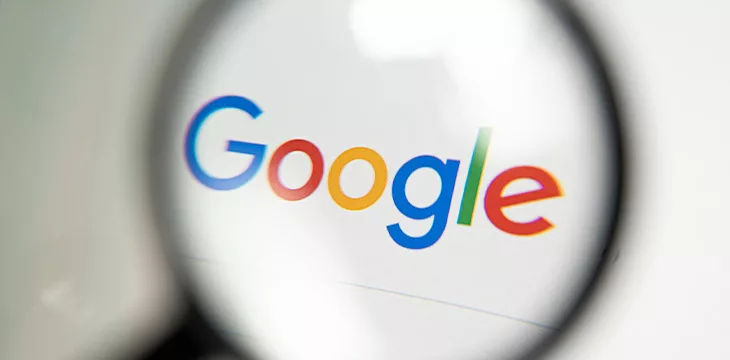|
Getting your Trinity Audio player ready...
|
Google (NASDAQ: GOOGL) has announced plans to introduce wholesale changes to its search engine, designed to prioritize artificial intelligence (AI)-generated responses over traditional website links.
The tech company unveiled its plans at its annual developers’ conference, confirming that a test version will be initiated in May before a full-scale launch in the coming months. According to the disclosure, users will be presented with AI-generated summaries, with regular website links coming in second place.
The announcement notes that users will not always be presented with AI summaries for queries, with Google clarifying that the feature will be limited to complex topics or brainstorming questions. For queries bordering on weather forecasts or store recommendations, Google says users will be presented with normal website links before any AI results.
Google has been testing the waters with AI results for the greater part of the year, rolling out the feature for select clients. Following positive reviews, the company is keen on evaluating the offering in the U.S. before proceeding with a global launch for its over 1 billion users.
“This bold and responsible approach is fundamental to delivering on our mission and making AI more helpful for everyone,” said Google CEO Sundar Pichai on the company’s slow-and-steady approach toward integrating AI in Search.
However, the integration plans are facing a gale of unfavorable headwinds, including fears that the AI results could adversely affect the advertising business. Last year, the company raked in over $170 billion in ad revenue, a figure that could be significantly impacted by the prominence given to AI results on the platform.
Website publishers are also expected to be affected by the new policy, given the grim prospects of fewer clicks on their websites if the AI results are comprehensive enough.
Pundits expect the new policy to trigger a battle between Google and publishers, with a cross-section predicting an avalanche of copyright and unjust enrichment lawsuits.
“The relationship between Google and publishers has been pretty symbiotic, but enter AI, and what has essentially happened is the Big Tech companies have taken this creative content and used it to train their AI models,” Marc McCollum, chief innovation officer at Raptive, said. “We are now seeing that being used for their own commercial purposes in what is effectively a transfer of wealth from small, independent businesses to Big Tech.”
Google downplays the fears
Despite the anxieties faced by publishers, Google says its initial studies with AI-generated search results revealed a polar opposite trend of users clicking more website links after an AI overview.
Liz Reid, head of Search at Google, noted that users generally begin their quest for knowledge with AI-generated results before going down the rabbit hole by surfing multiple websites. However, Reid failed to disclose figures linked with website-clicking rates during the year-long AI tests but hinted at a phased approach to introduce new emerging technologies into its existing offerings.
“We will continue to innovate on the AI overview and also on how do we send the most useful traffic to the web,” added Reid.
In order for artificial intelligence (AI) to work right within the law and thrive in the face of growing challenges, it needs to integrate an enterprise blockchain system that ensures data input quality and ownership—allowing it to keep data safe while also guaranteeing the immutability of data. Check out CoinGeek’s coverage on this emerging tech to learn more why Enterprise blockchain will be the backbone of AI.
Watch The Web3 trifecta: AI, metaverse & blockchain

 07-04-2025
07-04-2025 





